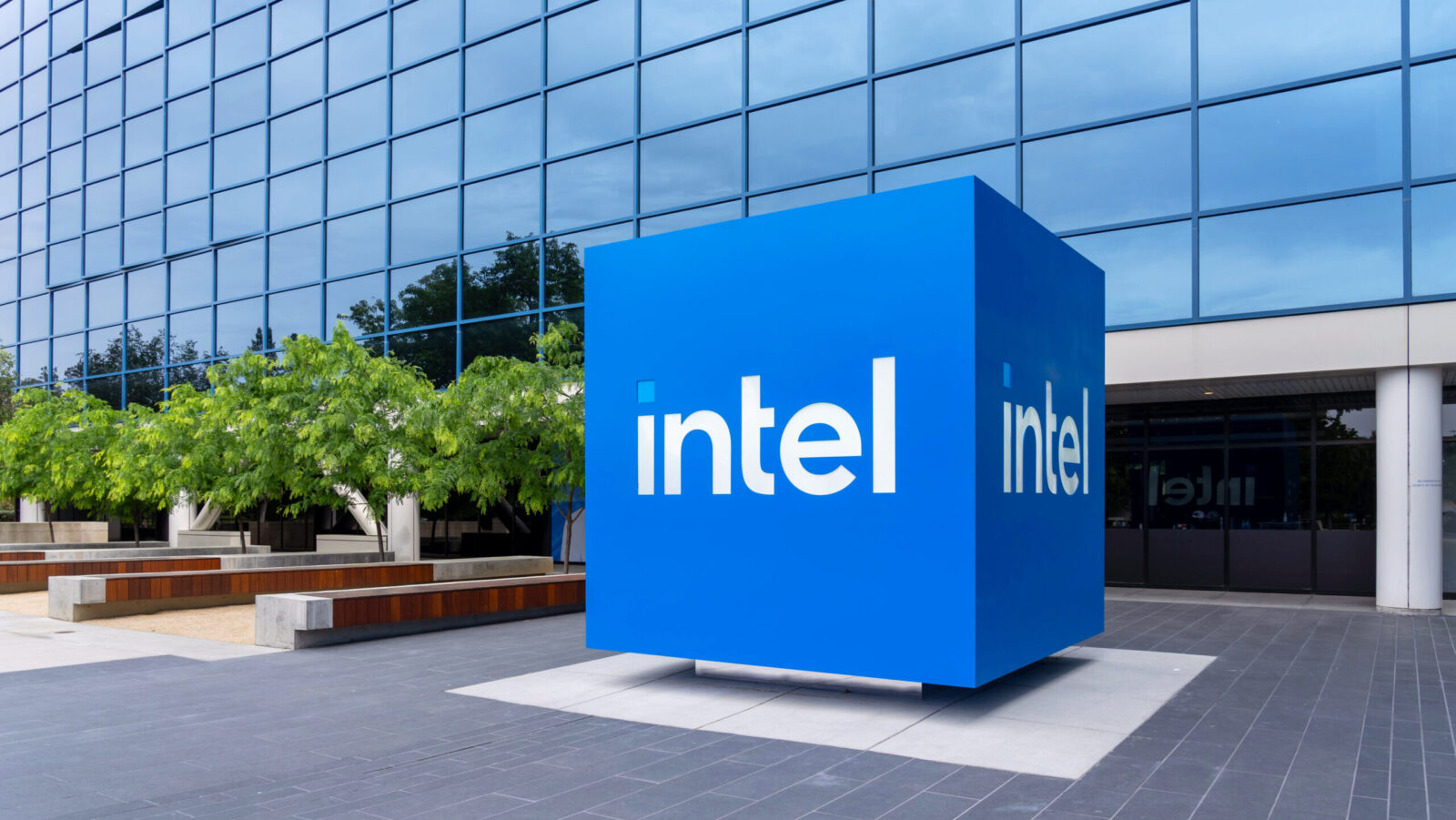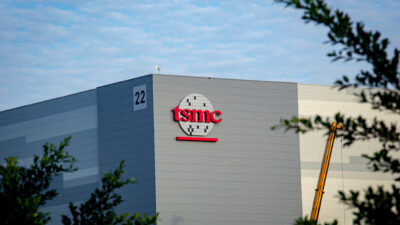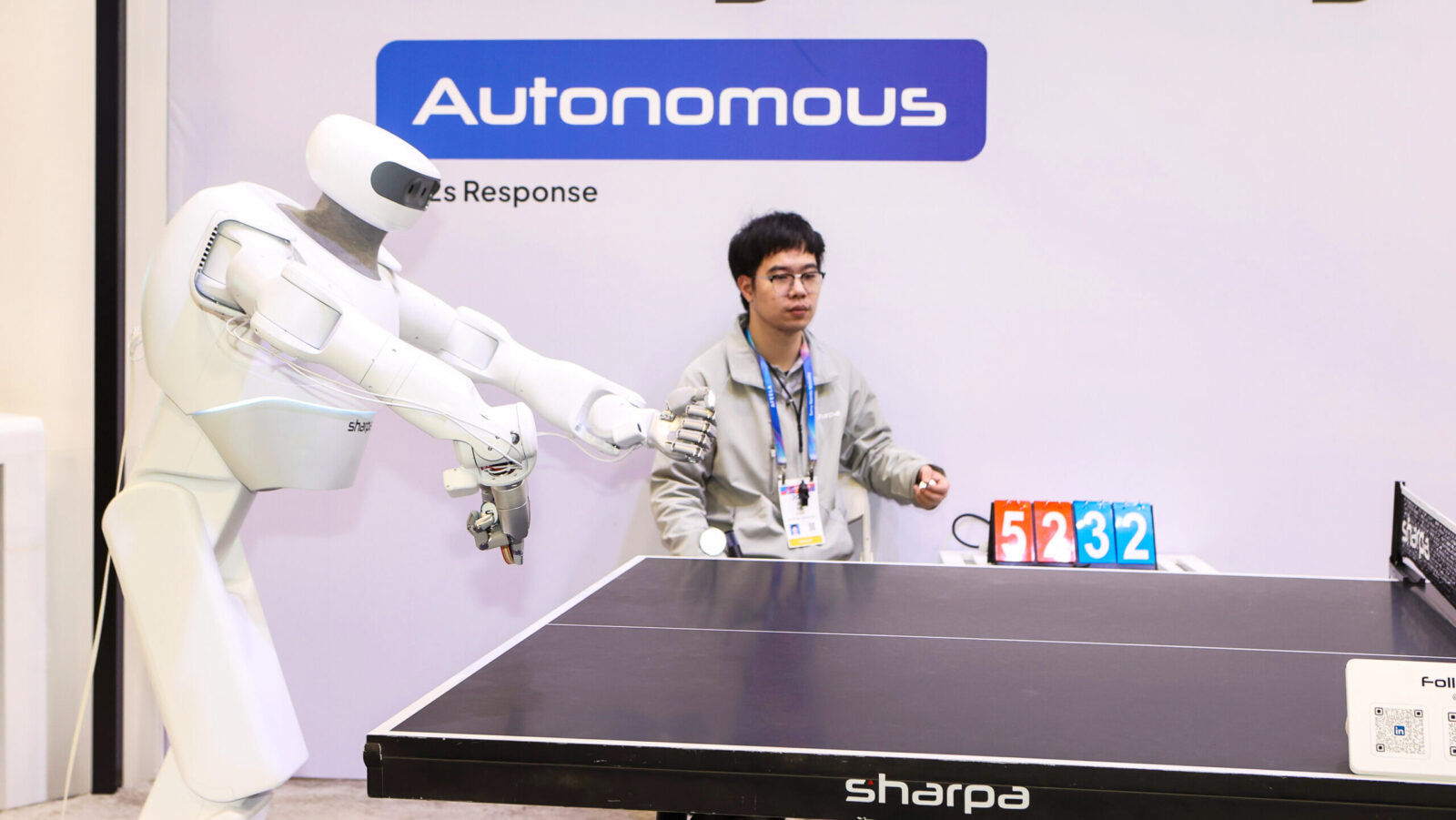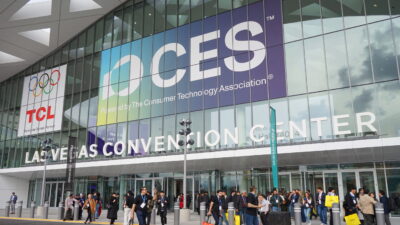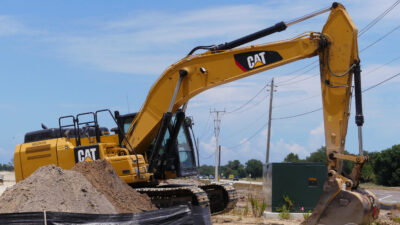‘Flying Car’ Industry Taxis Toward Takeoff
A US-based startup, backed by Japan’s Toyota, and a freshly capitalized initiative in China could make flying cars a full reality next year.
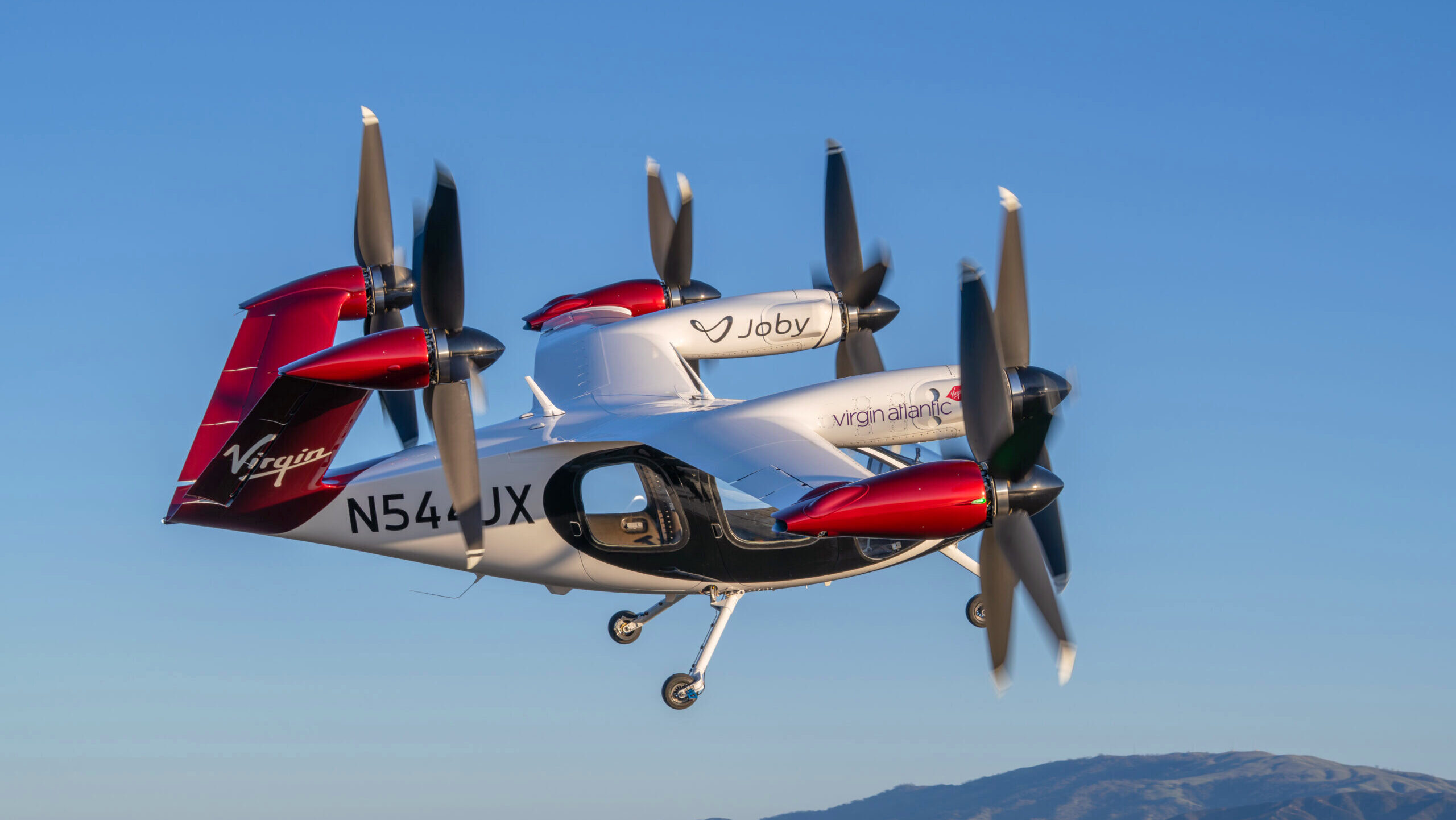
Sign up for smart news, insights, and analysis on the biggest financial stories of the day.
“We wanted flying cars; instead, we got 140 characters,” venture capitalist Peter Thiel, himself an early Facebook investor and thus key financier of the first social media age, quipped in 2013.
Since his remark, the character limit for posts on Twitter — rechristened X under Thiel’s fellow PayPal mafia barone Elon Musk — has climbed to 280 (or 25,000 for paid subscribers). As for cars, they’re still not flying. A US-based startup, backed by Japan’s Toyota, and a freshly capitalized initiative in China could change that as soon as next year.
Shares to the Sky
“Flying car” is a colloquial term best associated with futures imagined by sci-fi filmmakers. But outside the dystopian cityscapes of Blade Runner or The Fifth Element, here on Earth, they go by a much wonkier industry term: electric vertical take-off and landing (eVTOL) craft.
There’s also no futuristic hovering technology — current eVTOLs in development by Santa Cruz-based, Toyota-backed Joby Aviation and Chinese carmaker XPeng get off the ground with old-fashioned propeller and rotor technology. In both cases, that has been more than enough to send their shares into liftoff:
- Joby, which already has a small fleet of air taxis conducting test runs, last week announced plans to expand its California facility to build 24 of its eVTOL craft per year. It also plans to pursue commercialization by seeking certification from the Federal Aviation Administration and expand production to an Ohio facility where it hopes to mass-produce as many as 500 crafts every year. Propping up the effort is 22% shareholder Toyota, which has invested roughly $900 million in the publicly traded startup (shares are up 122% this year).
- And then there’s Xpeng Aeroht, Xpeng’s flying car division, which earlier this month said it secured $250 million in Series B funding to expedite the mass production of its Land Aircraft Carrier, a Cybertruck-resembling all-terrain vehicle with a detachable, helicopter-like air module. Xpeng Aeroht is planning mass production of the vehicle, commencing next year in Guangzhou, with a roughly $280,000 price tag and a facility with a projected annual capacity of 10,000 units. Its parent company’s shares are up 59% this year.
Toyota, meanwhile, has expanded its exposure to the segment as another startup with its backing, Japan-based SkyDrive, obtained initial certification for an eVTOL earlier this year, which could eventually lead to commercialization. The barriers to adoption vary, depending on the market. For example, Xpeng Aeroht produces a smaller eVTOL, the X2, which is technically for sale in Australia, but regulatory uncertainty means using one legally may be at least a year away (and require a pilot’s license).
Dubai’s the Limit: Joby had initially targeted offering commercial passenger services in Dubai, where Xpeng Aeroht tested an eVTOL back in 2022, by the end of this year. That timeline has been bumped to early 2026, seven years after Blade Runner but well ahead of The Fifth Element’s setting in the 23rd century.
